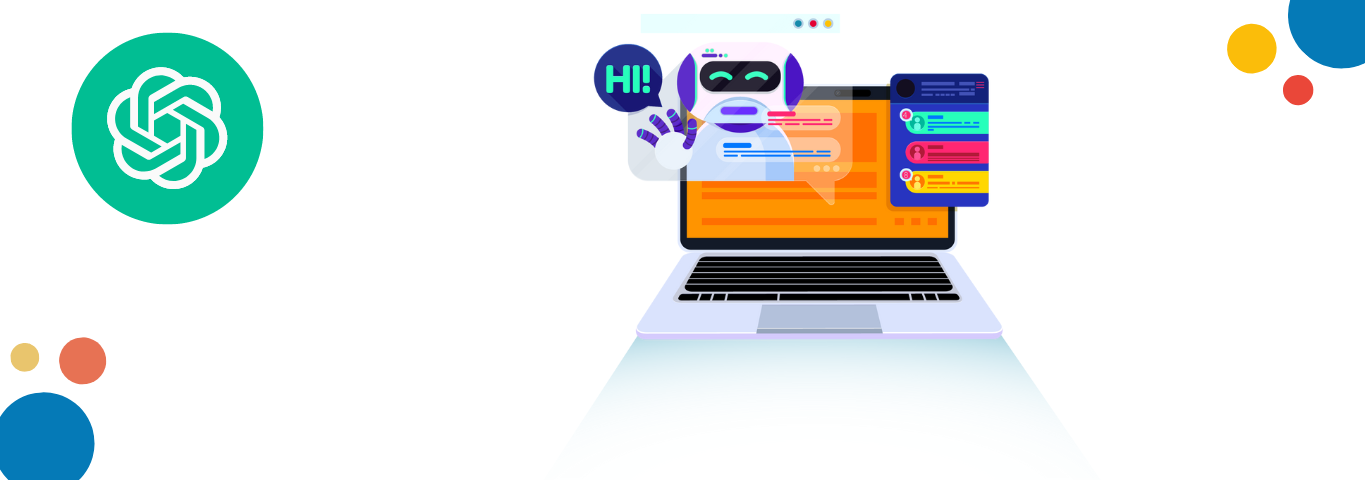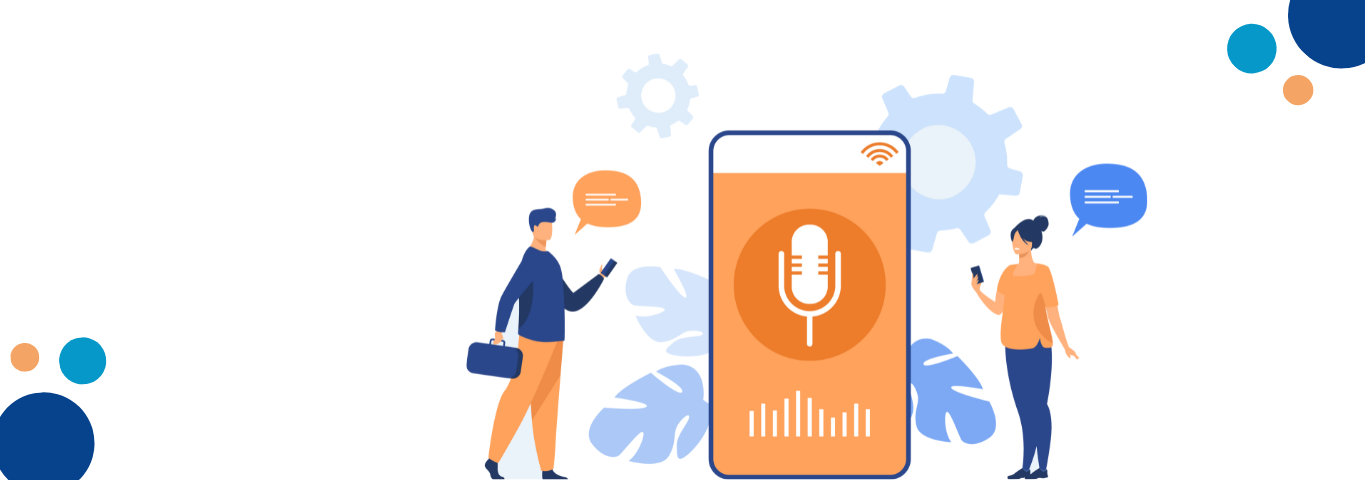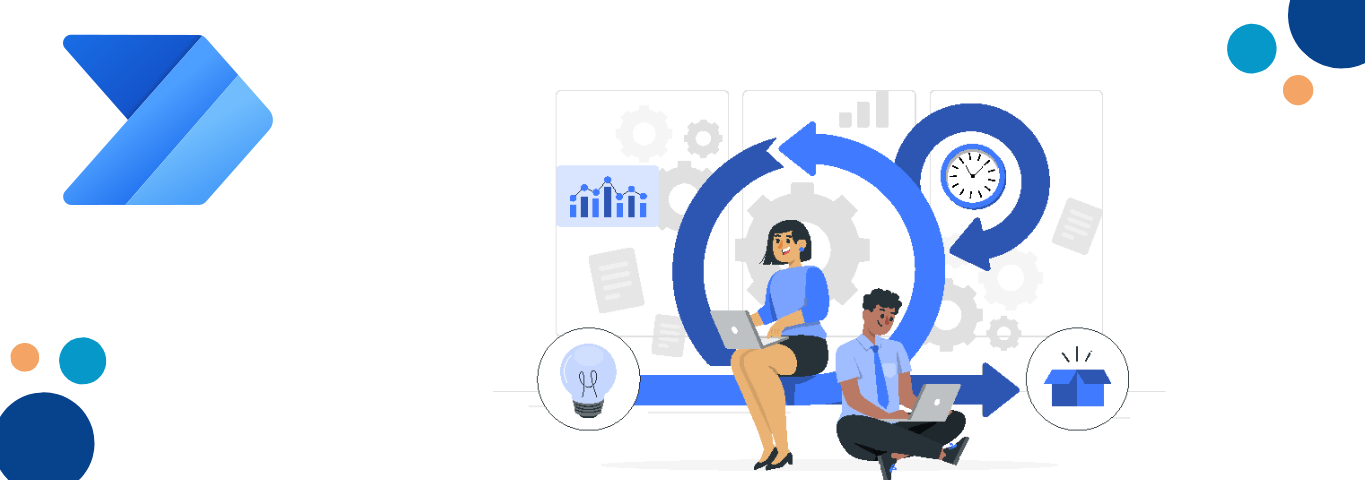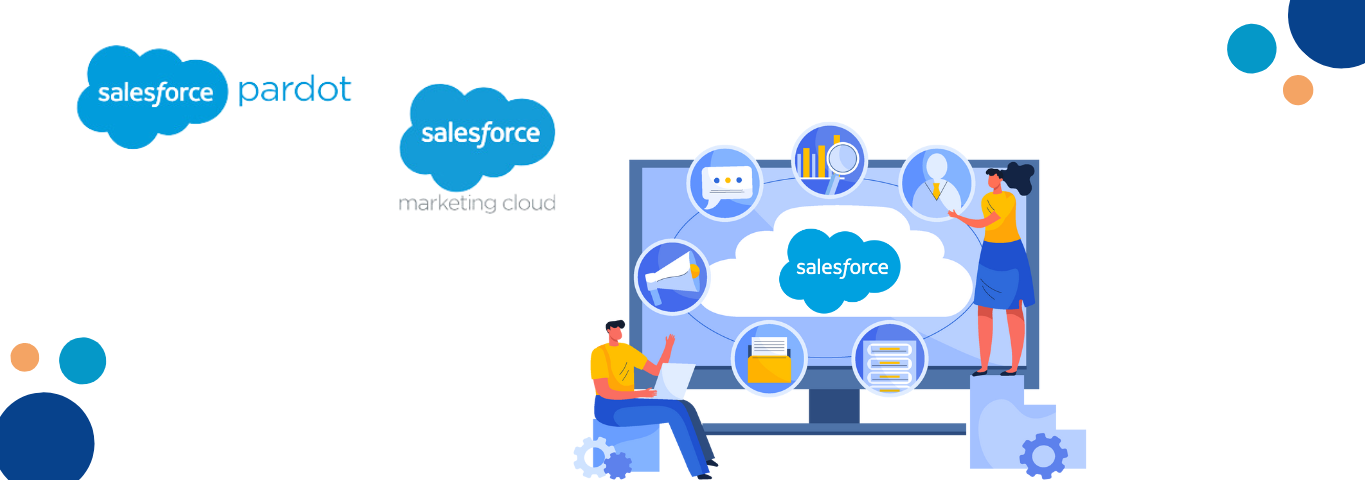Are you ready to witness the rise of a new era where machines can outsmart human intelligence? ChatGPT-4 is here to redefine the limits of Conversational AI and leave you questioning the essence of what it means to be human.
What is ChatGPT -4?
ChatGPT-4 is a highly advanced language model that uses deep learning algorithms to generate human-like text. Developed by OpenAI, ChatGPT-4 is the successor to the prevalent ChatGPT-3 model. It can be used for various tasks, such as question answering, summarization, and chatbot development.
ChatGPT-4 is designed to improve upon the capabilities of its predecessors, ChatGPT-3 and ChatGPT-2, and can handle more complex tasks with better accuracy and efficiency. In addition, it uses a transformer-based architecture that enables it to process large amounts of data and produce high-quality results.
ChatGPT-4 can perform various natural language processing (NLP) tasks accurately and quickly. It can understand context, generate coherent and fluent text, and even engage in human-like conversations. In addition, ChatGPT-4 has improved upon its predecessors by increasing the number of parameters, training data, and computational resources used during development.
What are the features of ChatGPT?
- Text generation: ChatGPT-4 can generate high-quality text with minimal input. It can write articles, stories, and even poetry that resembles human writing.
- Question answering: ChatGPT-4 can answer complex questions by analyzing the context and generating an appropriate response. It has been trained on a large corpus of information, which makes it highly accurate in providing answers.
- Summarization: ChatGPT-4 can summarize large amounts of text by identifying the essential information and presenting it concisely.
- Chatbot development: ChatGPT-4 can be used to develop highly smart chatbots that can engage in human-like conversations. It can understand the nuances of human language and respond appropriately.
The AI Magic Behind ChatGPT-4: Exploring Its Technology
ChatGPT-4 was developed using deep learning techniques, specifically a transformer-based architecture. It was trained on massive data to improve its language generation capabilities. The training data comprised various sources, including books, articles, and websites.
The transformer-based architecture used in ChatGPT-4 is an improvement from the previous models. It allows for better parallel processing and reduces the time needed for training. The architecture also includes a series of attention mechanisms that enable the model to understand the relationships between words and sentences.
To train the model, OpenAI used unsupervised learning, which involves feeding the model large amounts of data and allowing it to learn independently. The training data consisted of over 45 terabytes of text from various sources. In addition, OpenAI used a technique called "knowledge distillation" to transfer the knowledge learned from ChatGPT-3 to ChatGPT-4, which helped speed up the training process.
Potential Impact of ChatGPT-4
The development of ChatGPT-4 has the potential to revolutionize various industries, including healthcare, finance, education, and more. In addition, the advanced capabilities of ChatGPT-4 in text generation and chatbot development can lead to the creation of more sophisticated chatbots that can assist with customer service and support.
ChatGPT-4 can be used in healthcare to analyze medical records and identify patterns that may indicate a disease or illness. It can also be used to develop chatbots to assist patients with their healthcare needs. For example, a chatbot can answer questions about medication side effects, provide reminders for taking medication, and help patients schedule appointments with their doctors.
In finance, ChatGPT-4 can be used to develop chatbots to assist customers with their banking needs. For example, it can provide personalized financial product and service recommendations, answer questions about account balances and transactions, and even help customers with investment decisions.
In education, ChatGPT-4 can be used to develop educational materials that are tailored to individual student needs. It can also be used to create chatbots that can assist with online learning and provide personalized support to students. For example, a chatbot can answer questions about course content, provide study tips, and even grade assignments.
Comparing ChatGPT-4 with other language models
ChatGPT-4 is the latest iteration of the GPT (Generative Pre-trained Transformer) series of language models. These have gained significant attention recently due to their impressive performance in various natural language processing tasks. Let us compare ChatGPT-4 with other popular language models, including GPT-3, BERT, and Transformer-XL.
ChatGPT-4 is the latest version of the GPT family of language models. Compared to its predecessor, GPT-3, ChatGPT-4 has a more significant number of parameters, which enables it to generate more human-like responses and better understand the context.
BERT, on the other hand, is a language model designed for bidirectional pre-training of contextual representations. It is known for handling complex tasks requiring a deeper understanding of languages, such as sentiment analysis and question answering.
Transformer-XL is a language model designed to handle longer text sequences than other models. It uses a segment-level recurrence mechanism to handle long-range dependencies and can generate coherent and diverse text.
Compared to other language models like GPT-3, BERT, and Transformer-XL, ChatGPT-4 has unique features that set it apart. Its ability to generate context-aware and readable text with a human-like touch and its advanced chatbot development capabilities make it particularly promising for various industries. In addition, the larger size and improved training methodology of ChatGPT-4 are also expected to improve its overall performance. Ultimately, ChatGPT-4 ability to generate fluent and coherent text that closely mimics human conversation makes it a standout language model in the field.
Conclusion
ChatGPT-4 is a highly anticipated Next-Gen AI language model with the potential to revolutionize various industries, including healthcare, finance, education, and more. It stands out from other language models due to its advanced capabilities in generating coherent, context-aware text with a human-like touch and its chatbot development capabilities.
By fine-tuning the model for specific tasks and optimizing its performance, users can use ChatGPT-4 abilities to generate personalized and accurate responses in various applications. However, as with any new technology, there is still much to be explored and learned about ChatGPT-4. Therefore, we encourage readers to continue exploring the possibilities and experimenting with the technology to see how it best serves their needs.
Also, learn how Salesforce Einstein GPT uses AI technology to provide tailored marketing solutions.







Comments